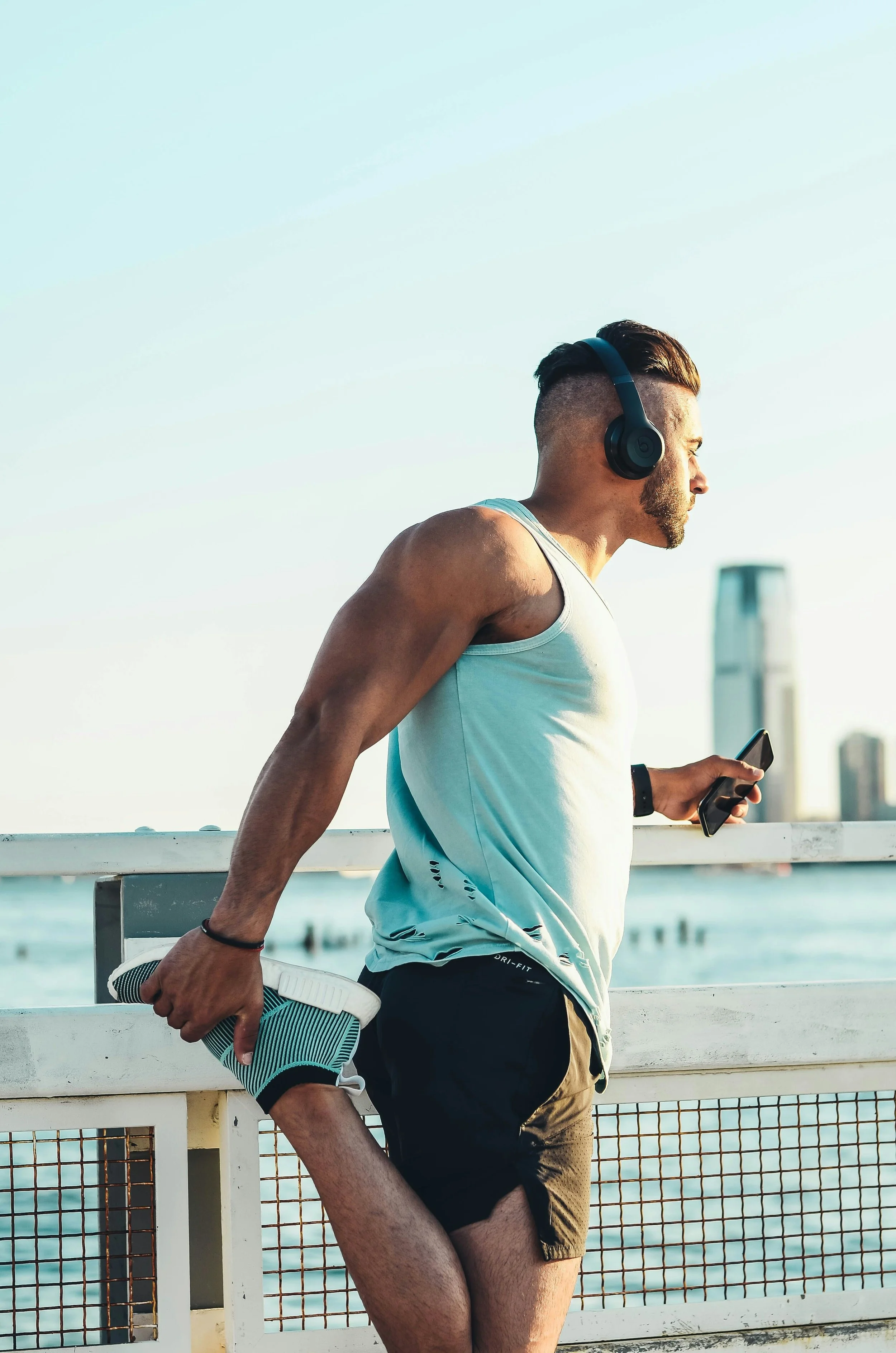How to Stay Injury-Free During Everyday Activities
Most people associate injuries with sports, heavy lifting, or high-impact workouts—but many strains and aches actually begin during everyday activities. From carrying groceries to bending over the sink or reaching for something on a high shelf, your body is constantly navigating physical challenges that add up over time.
The truth is, your daily movements matter just as much as your exercise routine. Repetitive tasks, poor posture, and awkward body mechanics can all lead to muscle imbalances, joint stress, or chronic pain—especially when compounded over months or years. Even something as routine as sitting at a desk or getting out of the car can create stress if done inefficiently or without support.
READ: How Movement-Based Physical Therapy Accelerates Recovery
At Live4 in Acton, physical therapy focuses on optimizing how you move throughout your entire day—not just during workouts. By understanding and refining your everyday habits, you can protect your joints, move more efficiently, and stay injury-free.
Common Daily Habits That Lead to Strain or Injury
Injuries from everyday activities often build slowly, making them easy to ignore until discomfort sets in. Many of these issues stem from routine movements done with poor alignment, lack of awareness, or muscular imbalances. Here are some common habits that contribute to strain or injury:
Slouching at a desk or in the car: Poor seated posture can cause tension in the neck, shoulders, and lower back over time.
Lifting with your back instead of your legs: Whether it’s a laundry basket or a toddler, improper lifting mechanics put unnecessary stress on the spine.
Twisting without moving your feet: Reaching behind you or turning abruptly while your feet stay planted can strain the lower back or knees.
Looking down at a phone or screen: Prolonged downward head position (tech neck) can lead to stiffness and headaches.
Standing or walking with poor footwear or mechanics: Uneven wear patterns, collapsed arches, or overpronation can affect the knees, hips, and back.
These habits may feel harmless in the moment but have long-term consequences. At Live4 in Acton, physical therapists help you identify and correct these patterns before they lead to pain or injury.
READ: Understanding the Role of Functional Dry Needling in Physical Therapy
How to Move Smarter: Posture, Alignment, and Mechanics
Moving smarter doesn’t mean avoiding activity—it means using your body in ways that reduce strain and improve efficiency. Good movement habits start with awareness of your posture, alignment, and mechanics in everyday situations.
Posture
Think of posture as your body’s resting position. Whether you’re sitting, standing, or walking, aim to keep your ears, shoulders, and hips aligned. A neutral spine—neither overly arched nor slouched—distributes weight evenly and reduces tension.
Alignment
Joint alignment ensures that force is transmitted properly through your body. For example, keeping your knees in line with your feet when climbing stairs or squatting can help prevent strain on the joints.
Mechanics
Body mechanics refer to how you move during a task. Bending at the hips and knees instead of the waist when lifting, or pivoting with your whole body rather than twisting at the spine, can protect against injury.
At Live4 in Acton, physical therapists teach these fundamentals in a personalized way—so whether you’re unloading the dishwasher or commuting to work, you’re moving with confidence and control.
Strength and Mobility Tips to Support Daily Function
To stay injury-free during everyday activities, it’s essential to build a body that can support a wide range of movements. Strength and mobility work together to help you move more freely, absorb impact, and maintain stability throughout your day.
READ: Treating Sports Injuries with Physical Therapy: A Local Guide for Acton, MA
Here are a few practical tips:
Strengthen your core: A strong core stabilizes your spine during lifting, bending, and twisting. Exercises like planks, bridges, and bird-dogs can build deep core strength without stressing your back.
Maintain hip mobility: Tight hips can pull on the lower back or limit movement patterns. Incorporate dynamic stretches like hip circles or lunges with rotation.
Improve ankle and foot strength: These areas support balance and lower body control. Try heel raises, toe taps, or balance drills on one leg.
Stretch your shoulders and upper back: Desk work often leads to tightness here. Gentle thoracic rotations and shoulder rolls can improve posture and reduce tension.
Train functional movements: Practice squatting, lunging, and reaching with proper form so your body is prepared for daily demands.
At Live4 in Acton, strength and mobility programs are customized to your lifestyle—ensuring that your body supports how you live, not just how you exercise.
When to See a Physical Therapist at Live4 in Acton
If you’re experiencing recurring aches, stiffness, or discomfort during simple tasks—like getting dressed, standing up from a chair, or reaching overhead—it may be time to consult a physical therapist. These symptoms often point to underlying issues that can be resolved with targeted care.
READ: How to Know If You Need Physical Therapy: Signs You Shouldn’t Ignore
Physical therapy isn’t just for recovering from major injuries—it’s also one of the most effective tools for preventing them. By addressing small imbalances or inefficient movement patterns early, you can avoid more serious problems down the road.
You should consider visiting Live4 in Acton if:
You feel discomfort during regular household or work activities
You’ve noticed a decrease in flexibility, balance, or strength
Certain movements feel harder or less controlled than they used to
You want guidance on how to move safely and confidently in daily life
At Live4, therapists offer individualized support to help you move better every day—not just in the gym, but in the life you live.

